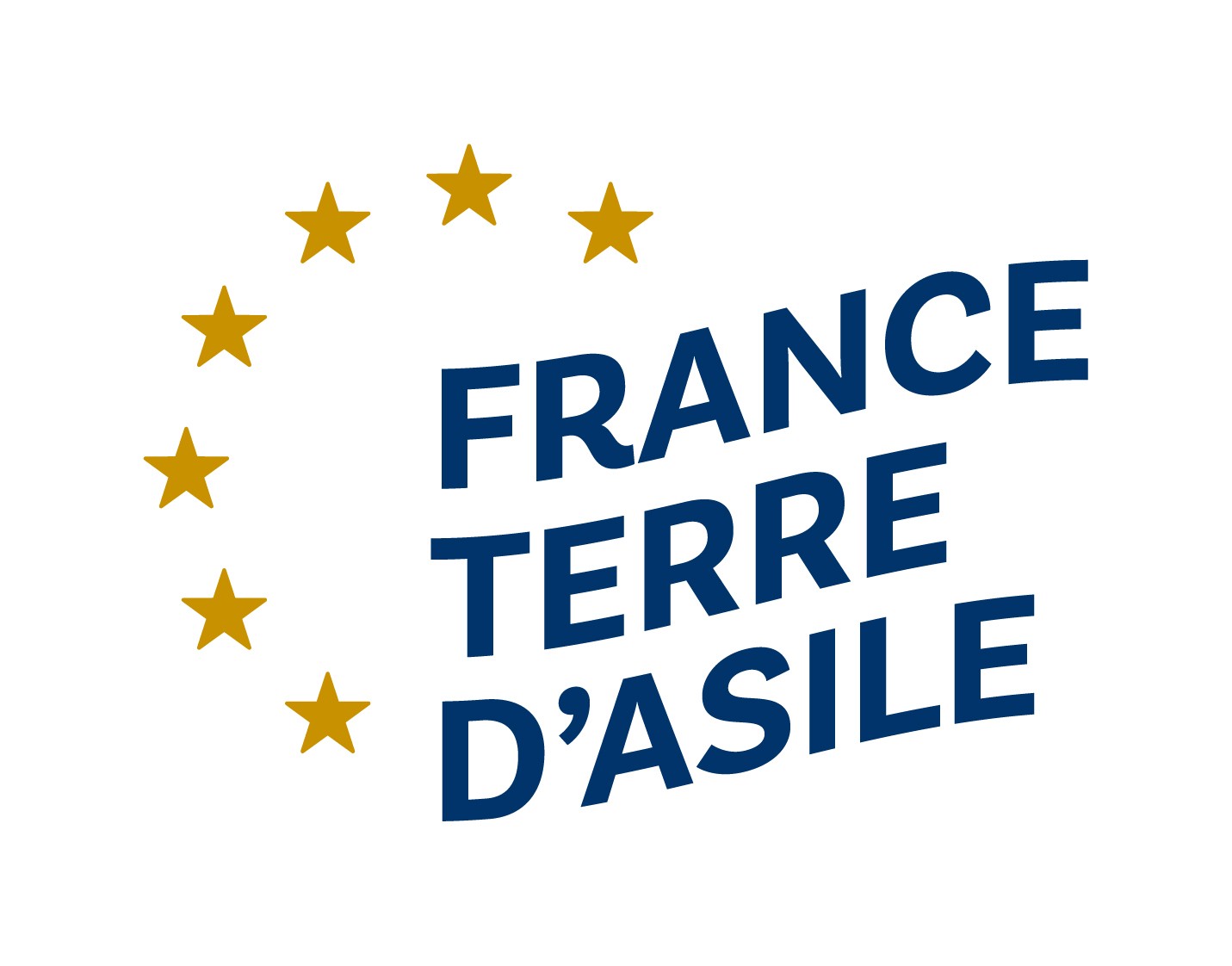Latest articles
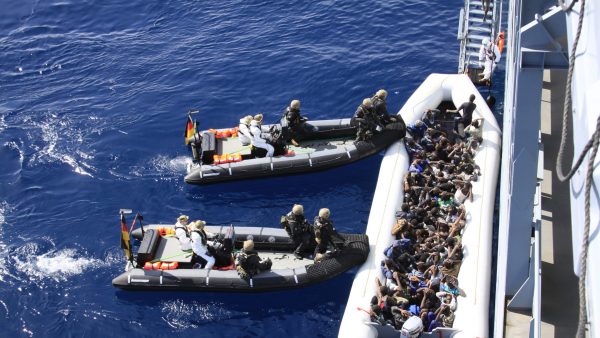
Analysis
Malta: a breeding ground for a dangerous and repressive migration policy
In 2020, the Covid-19 pandemic led Maltese authorities to significantly tighten entry requirements for exiles. Five years later, despite the end of the health crisis, these policies remain and human rights violations are on the rise. NGOs seek to raise awareness and report on these abuses, while the European context grows increasingly hostile to the reception and integration of exiles.
+

News
In Germany, Syrians are facing uncertainty despite their successful integration
Almost a year after the fall of Bashar al-Assad’s regime in Syria, many asylum seekers and refugees who have fled the country now face uncertainty about their future in Germany, a country that had previously welcomed them. This comes despite the continuing fragility of Syria’s economy and security situation. The recent tightening of the German migration policy, implemented by Friedrich Merz’s conservative government, threatens to upend many lives and careers rebuilt in exile.
+
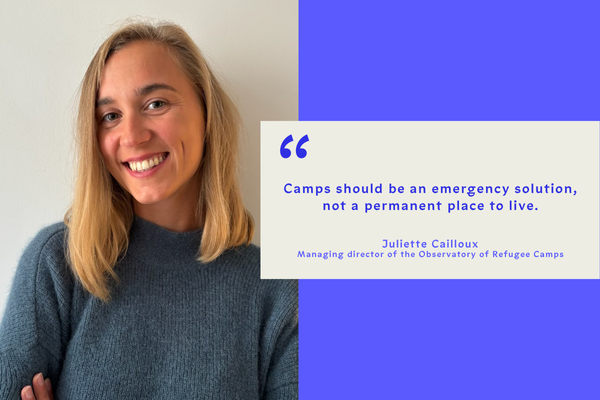
Interview
"Camps should be an emergency solution, not a permanent place to live": how border closure policies generate exiles camps in Europe.
In Europe, since 2015, exiles camps have multiplied and transformed into permanent waiting zones where rights are suspended. Juliette Cailloux, managing director of the Observatory of Refugee Camps (O-CR), tells us about the political mechanisms at stake behind the encampment phenomenon.
+
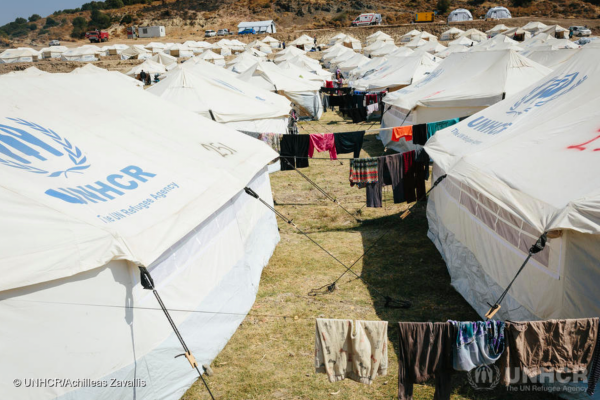
News
Egypt adopts its first-ever asylum law, without improving the current system
On December 16, 2024, Egypt ratified its first-ever national asylum law. Despite its historic significance, it failed to improve the existing legal framework developed through the activities of the United Nations High Commissioner for Refugees — the organisation responsible for registering asylum applications, granting international protection, and supporting refugees in Egypt.
+

Interview
« It is very frustrating for us, lawyers who work in this field and are really compassionate about migration »: in Sweden, a legislative proposal is about to restrict legal aid
While Sweden was seen as a welcoming country and a “leader in human rights” in the European union for years, since 2022, the right-wing and far-right coalition has been tightening reception conditions for migrants, including asylum seekers. In 2025, a new bill aims at significantly restricting the legal aid available to asylum seekers. Viktoria Nyström, a lawyer specializing in migration law, analyses this policy shift and its consequences for those affected.
+
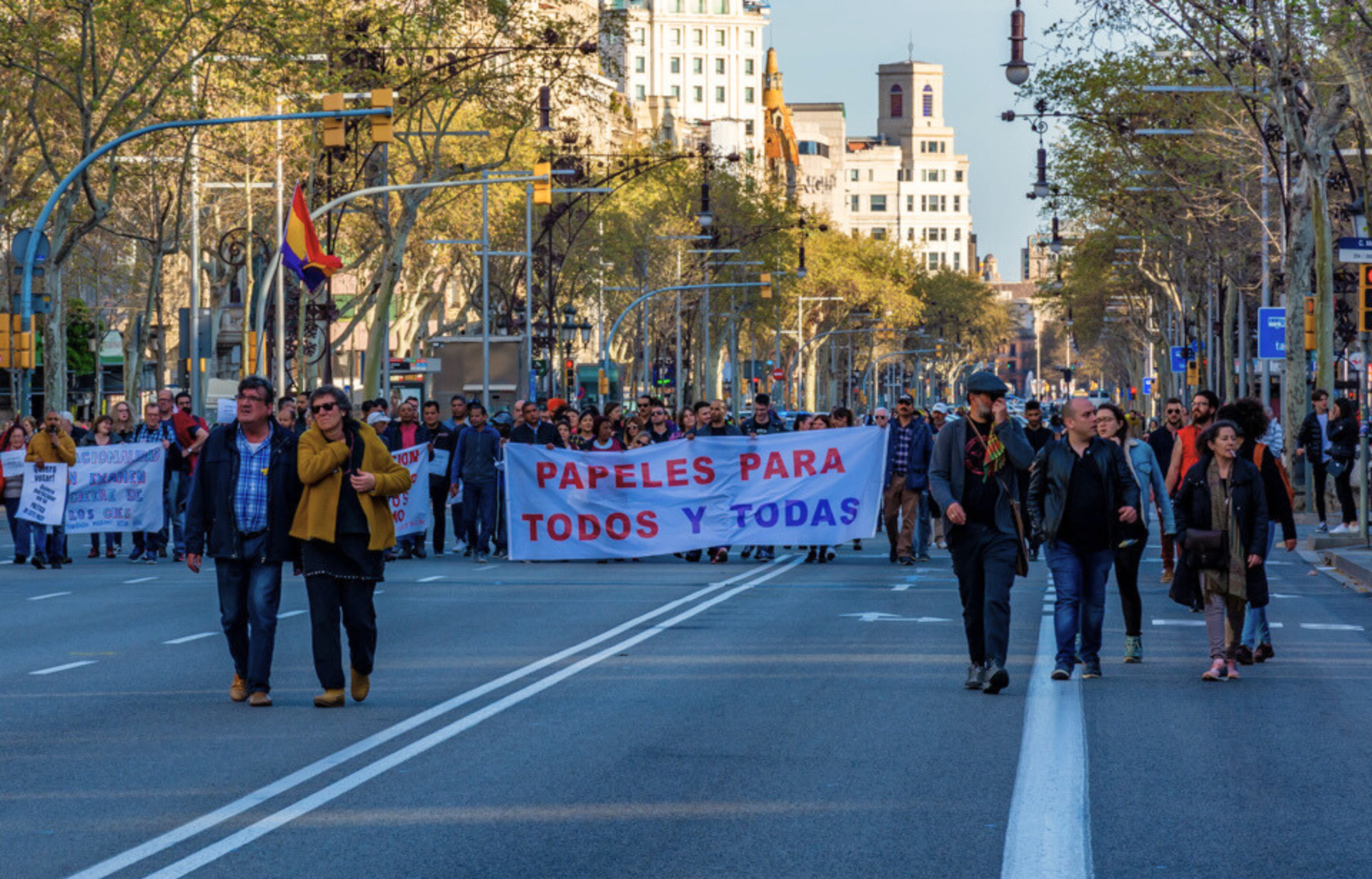
News
In Spain, a new regularisation campaign goes against the European retreat
For the ninth time in its history, Spain will implement in May 2025 a reform facilitating the “extraordinary” regularisation of tens of thousands of migrants. While these residence permits allow beneficiaries to work and reside legally in the country, obstacles to the integration of third country nationals and their access to public services remain.
+
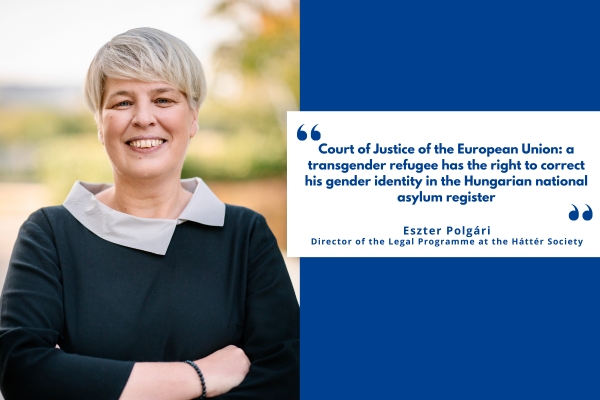
Interview
Court of Justice of the European Union: a transgender refugee has the right to correct his gender identity in the Hungarian national asylum register
On 13 March 2025, the Court of Justice of the European Union (CJEU) handed down a major decision for transgender people in Hungary, recognising the right of a transgender man to rectify his gender identity in the Hungarian national asylum register.
Eszter Polgári, director of the Legal Programme at the Háttér Society, an LGBTI+ organisation in Hungary, explains this decision and its consequences for LGBTI+ people and refugees in Hungary.
+
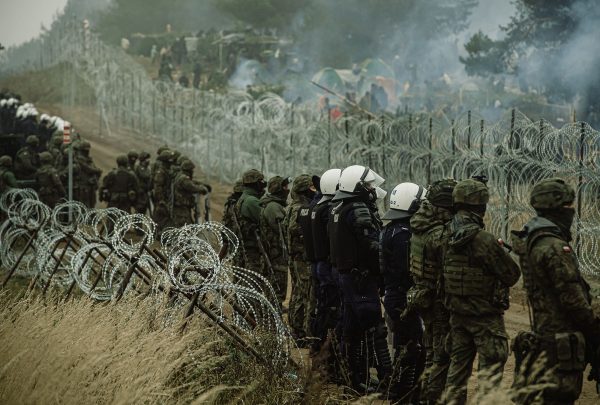
Analysis
At the border between Belarus and the European Union: pushbacks, militarisation, and repression policy
Many exiled people are hiding at the border between Belarus, Poland, and Lithuania. Pushed back at the European Union's borders, many disappear or lose their lives, and numerous testimonies report violence and human rights violations.
+
